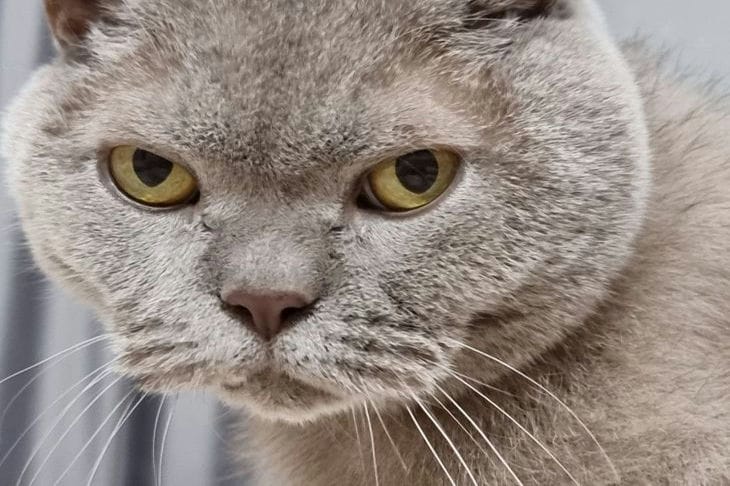Cats are known for their independence and mystery, but sometimes they surprise their owners with unexpected talkativeness.
Meowing, purring, growling – a whole spectrum of sounds with which furry pets try to communicate something.
What makes silent hunters become real chatterboxes?

Natural predisposition
Some cat breeds are genetically more prone to "talking."
Siamese, Oriental, Bengal and Abyssinian cats are famous for their vocal activity.
These breeds were bred to interact closely with humans and often use their voice as a means of communication.
Owners of such cats often note that their pets can "talk" for hours, commenting on everything that happens around them.
Attracting attention
Often cats become talkative when they want to attract their owner's attention.
This can be due to various needs: hunger, a desire to play, a request to open the door, or simply a desire for communication.
If a cat notices that meowing is effective in attracting human attention, it may use this method more often.
Stress and anxiety
Increased vocal activity may be a sign of stress or anxiety in your cat.
Changes in the environment, the arrival of new family members or animals, moving - all this can cause anxiety in the pet, which it expresses through increased meowing.
In such cases, it is important to identify the source of stress and help the cat adapt to the new conditions.
Age-related changes
As cats age, they become more talkative. This may be due to a deterioration in their hearing or vision, with the animal compensating for the loss of one sense by enhancing others.
Additionally, older cats may suffer from cognitive dysfunction, which may also manifest itself in increased vocalization.
Heat
Unsterilized cats become especially talkative during the heat period. Loud and persistent meowing is a way to attract a partner for mating.
This period can be very noisy and restless for both the cat and its owners.
Painful conditions
Sometimes increased talkativeness can be a sign of illness or discomfort. Cats that are in pain or discomfort may become more vocal in an attempt to communicate their condition.
This is especially true for thyroid disease, arthritis, or problems with the urinary system.
Hunger and thirst
A cat's persistent meowing often means that it is asking for food or water. If the cat has a specific feeding routine, it may begin to meow to remind you that feeding time is approaching. Some cats also "talk" while they are eating, showing that they are enjoying the process.
Reaction to external stimuli
Cats may become talkative in response to various sounds and movements in the environment.
Birds singing outside the window, the noise of passing cars or even the sounds of the TV can cause a vocal reaction in your pet. This may be a manifestation of the hunting instinct or simple curiosity.
Training and encouragement
Sometimes owners themselves, without realizing it, encourage their pets to be talkative. By reacting to every meow of a cat, a person involuntarily reinforces this behavior pattern.
The cat quickly realizes that "talking" is an effective way to get what it wants and begins to use it more often.
Individual character traits
Like people, cats have unique personalities. Some of them are simply more sociable and love to "chat" with their owners.
Such cats can meow, commenting on their actions or reacting to a person’s words, creating the illusion of a real dialogue.








